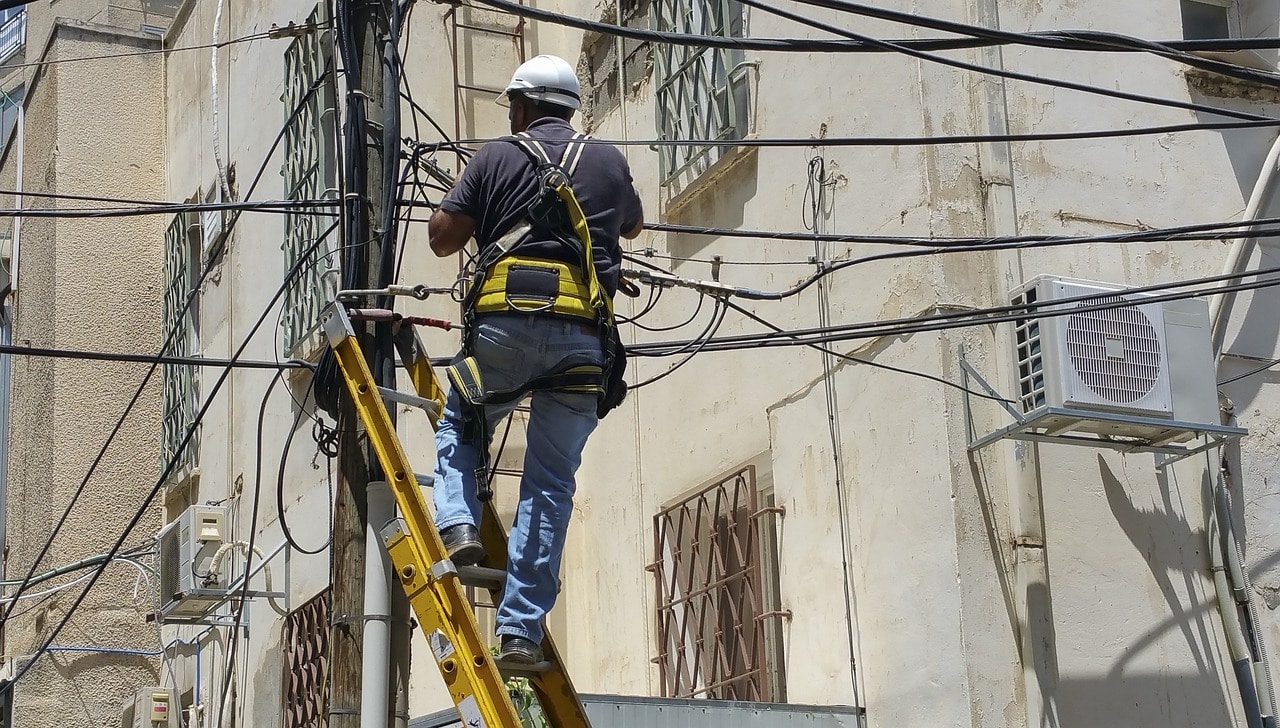The New Energy Economy: Home Innovations Leading the Way
The world is currently undergoing a major energy transition, with a shift towards clean and renewable sources of energy. This shift has been driven by a growing concern about the detrimental effects of traditional energy sources on the environment and the urgent need to reduce carbon emissions. Homeowners are now at the forefront of this energy revolution, embracing new technologies and innovations to reduce their carbon footprint and save on energy costs. In this article, we will explore the new energy economy and how home innovations are leading the way.
The Rise of the New Energy Economy
The new energy economy refers to a system where renewable energy sources such as solar, wind, and hydropower replace traditional sources like coal, natural gas, and oil. This shift has gained momentum in recent years as governments and businesses recognize the pressing need to reduce greenhouse gas emissions to combat climate change. The International Energy Agency predicts that renewable energy will account for 30% of global electricity generation by 2024, up from 26% in 2019.
Why Homes Matter in the Energy Transition
Homes account for a significant portion of energy consumption and carbon emissions globally. According to the US Energy Information Administration, residential and commercial buildings account for about 40% of all energy consumed in the United States. This high demand for energy means that homes play a critical role in the transition to a cleaner energy future. Fortunately, homeowners are increasingly becoming aware of their impact on the environment and are taking steps to reduce their energy consumption.
The Role of Home Innovations in the Transition
Advancements in technology have made it easier for homeowners to switch to cleaner and more sustainable energy sources. One of the most significant innovations is the development of home solar systems. Solar panels, which convert sunlight into electricity, are becoming more affordable and accessible to homeowners. This has led to a surge in the installation of home solar systems, with over 2 million installations in the US alone in 2019.
Another innovation that is gaining traction in the new energy economy is smart home technology. Smart home devices use sensors and internet connectivity to monitor and control energy usage in a home. These devices can automatically adjust settings to optimize energy consumption and save on costs. For example, a smart thermostat can adjust the temperature based on occupancy, weather, and other factors, reducing energy wastage.
The Advantages of Home Innovations
The benefits of embracing home innovations in the new energy economy are numerous. Firstly, they can help reduce energy bills for homeowners, which can be a significant burden for many households. Home solar systems, for example, can generate enough electricity to power a home, reducing the need to rely on costly electricity from the grid. Additionally, advancements in battery technology mean that excess solar energy can be stored and used during peak demand periods, further reducing energy costs.
Secondly, home innovations can significantly reduce carbon emissions, mitigating the impacts of climate change. By switching to renewable energy sources and using energy more efficiently, homeowners can reduce their carbon footprint. This is a crucial step towards achieving global emission reduction targets and ensuring a sustainable future for generations to come.
The Future of Home Innovations
The potential for home innovations in the new energy economy is vast. As technology continues to advance, we can expect to see more efficient and affordable solar panels, batteries, and other renewable energy solutions for homes. Smart home technology is also set to become more sophisticated, with machine learning and artificial intelligence being integrated to optimize energy usage. Imagine a home where devices can automatically turn off when not in use or adjust settings based on your daily routines.
In conclusion, the new energy economy and home innovations are leading the way towards a sustainable future. As homeowners embrace clean and renewable energy sources and adopt energy-efficient technologies, we can collectively make a significant impact in the fight against climate change. The time to act is now, and with the rapid advancement of technology, there has never been a better time to make the switch.









